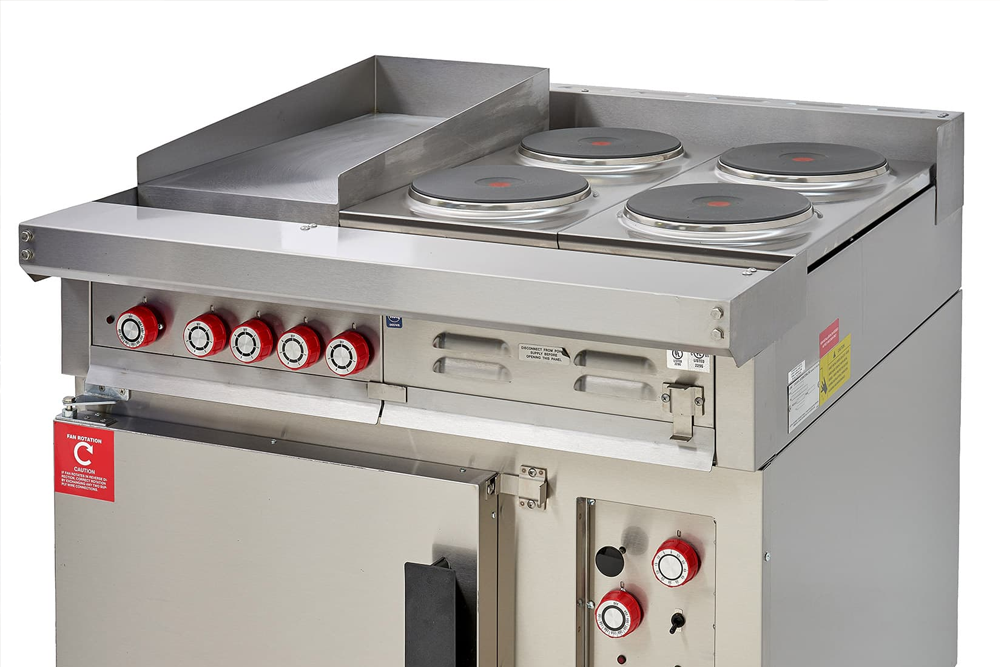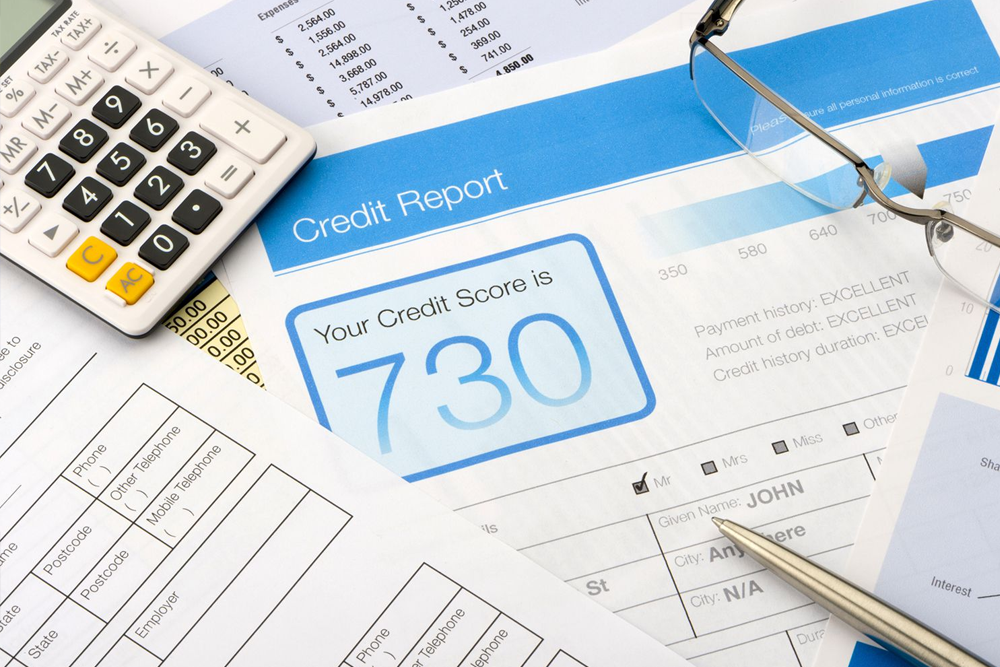
For example, you need a diversified blend of investments to make up your financial portfolio. You also need an excellent combination of budgeting priorities and savings goals to guide your spending habits. In retirement, you need multiple sources of income instead of having to rely on Social Security alone. It is about maximizing the potential for growth and reducing risk.
Mixing it up is just as essential; however, often overlooked- when it comes to credit. Usually used FICO Scores count your mix of credit as ten-percent of your overall score. Ignoring your credit mix can drag down your credit score, whereas understanding and working on it and boost your credit score. Below is all you will need to know about the credit mix.
What is a credit mix?
Your credit mix denotes the diversity of all the different types of credit products you have had in your lifetime. It is part of your credit history; however, a good way to think about credit mix is that rather than measuring your credit by how deep your experience is, your credit measures how wide it is.
For instance, someone with a less diverse credit mix can have different credit cards; however, no automobile loans, student loans, and no mortgage. It might seem like broadening your credit mix is a simple way to change your credit score; however, the catch is that it is a tiny part- about ten-percent- of how your score is calculated. To understand how your credit mix impacts your credit score, though, it is essential to understand what is a credit score in the first place.
You might think of a credit score as a measure of how well you have managed your credit in the past; however, that is not the whole thing.
More accurately, a credit score is an easy and standardized way for creditors to predict your future habit. As far as you have a good credit score, it indicates not only that you have managed your credit well but also that you have high chances of managing your credit well.
Your credit score depends on five factors, inclusive of your payment history, your credit mix, your total debt, for how long you have had credit, and how much of your credit is new. For instance, a high score means that if you take a car loan or open a new credit card, you will possibly pay on time, and you will not default your loan.
How can credit mix help your credit score?
As mentioned in the previous section, various factors determine your credit score, and the two main credit scoring models- VantageScore and FICO – have the same criteria for calculating those credit scores.
Generally, four main categories affect your credit. The most influential element is payment history, which makes up thirty-five percent of a FICO credit score. As far as you make debt payments on time every month, your credit scores will possibly improve.
Anytime you miss a payment, the lender can report it as late. Since the credit scoring models put so much weight on your payment history, this can seriously affect your scores. This does not mean you have to pay off your balance in full every month ( even though it surely does not hurt). Even paying the minimum or merely a portion of your balance-on time- will have a positive impact.
The next big thing is credit utilization, making up thirty percent of your credit score. Your credit utilization ratio is grounded on how much of your available credit is being used, and only considers revolving credit like credit cards. Low credit utilization shows that you are a responsible borrower, while high utilization shows an unhealthy on credit to fund your lifestyle.
The third most essential factor is the length of credit history, which is the average age of all your credit accounts. These are counted from the date you created the account and include only currently active loans or lines of credit.
A high credit age will reflect well on your credit report, while a young one might drag the scores down. Whereas you cannot change these numbers overnight, paying your bills on time over months and years will assist you as your credit history expands.
The last component of a credit score is the credit mix, evaluated by how many different kinds of installment and revolving credit you have. Credit mix counts for ten-percent of a person’s FICO credit score.
Maintaining a mix of credit shows that you can tackle multiple kinds of loans. Together with the other elements above, enhancing your credit mix can help you reach an excellent credit score.
However, note that filing for bankruptcy, being evicted, or having a debt go to collections will be reported on your credit record and will negatively impact your credit scores.
What are the different types of credit mix?
There are three types of credit: Open credit, installment, and revolving credit.
Installment credit accounts
These accounts are meant to be used for a particular purchase, and, when paid off in full, they are automatically closed. The most popular installment credit account is a student loan, which is frequently the first entry in your credit history.
These credit accounts also incorporate mortgages and automobile loans, which tend to be low-interest rate and high-limit loans, since they are borrowed against property that can be recovered if a default occurs.
Revolving credit accounts
With these credit accounts, if you pay off the amount of money you owe, you can borrow up to your limit again. Most people have at least one of these credit accounts in the form of credit cards, which carry a high-interest rate.
The home equity line of credit is another sample, which differs from a mortgage in that there is no fixed amount of money you must pay per month.
Open credit accounts
These accounts must be paid off in full per month. Some of these products, such as an American Express card, are credit accounts; however, others are not. Your cellular bill and utility bill are most likely open credit accounts, and if you miss a payment or a late in your payments, then your credit score will suffer.
What is considered a good credit mix?
Note that creditors are not just looking for clients who are responsible with their student loans or people who can pay back a single credit card on time. Simply because you can pay off one card every month does not mean that if you opened another credit card, you would be able to pay them both off per month. More so, just because you have paid your automobile loan regularly since you purchased your car does not mean you would be able to pay off a new washer.
Instead, creditors want to know that you can manage various credit products at once since that does indicate that you are responsible for managing more than one credit.
Giving a new credit account to someone who often pays back their credit with diverse credit mix- such as credit card (revolving), automobile loan (installment), a student loan (installment) and a mobile phone account (open)- is a great bet for the creditor, since that person is not likely to default.
Does opening more accounts improve your credit mix?
Your credit mix will only make up for about ten percent of your score. That section might be small if you do not have an extensive credit history, and it may be less; however, most of your score is based on your repayment history and your debt load. The best way to raise your credit score is by centering on those over time.
Your credit mix is essential; however, it is not a silver bullet when it comes to your credit score.
This is particularly true with an installment credit account. Because those accounts are for fixed amounts and are automatically included in your debt load when the account is created, if you open a new installment credit account just to preserve your credit mix, you will possibly end up harming your credit score.
Will closed accounts hurt the credit mix?
No, a closed account is not bad for your credit mix. A closed installment credit account remains on your credit file. It contributes positively to your credit score since successfully closing an account indicates you are likely to close accounts in the future successfully.
Bearing that in mind, though, as long as you have completely paid off a revolving account such as home equity line of credit, credit card, it is better not to close it, not unless there are monthly fees linked with the product.
A revolving credit account that is not used accords positively to your credit score. It provides you a safety net in the situation of unexpected cases such as home repairs or even a new baby. Be responsible for your credit, and only get a credit product if you truly need it.










